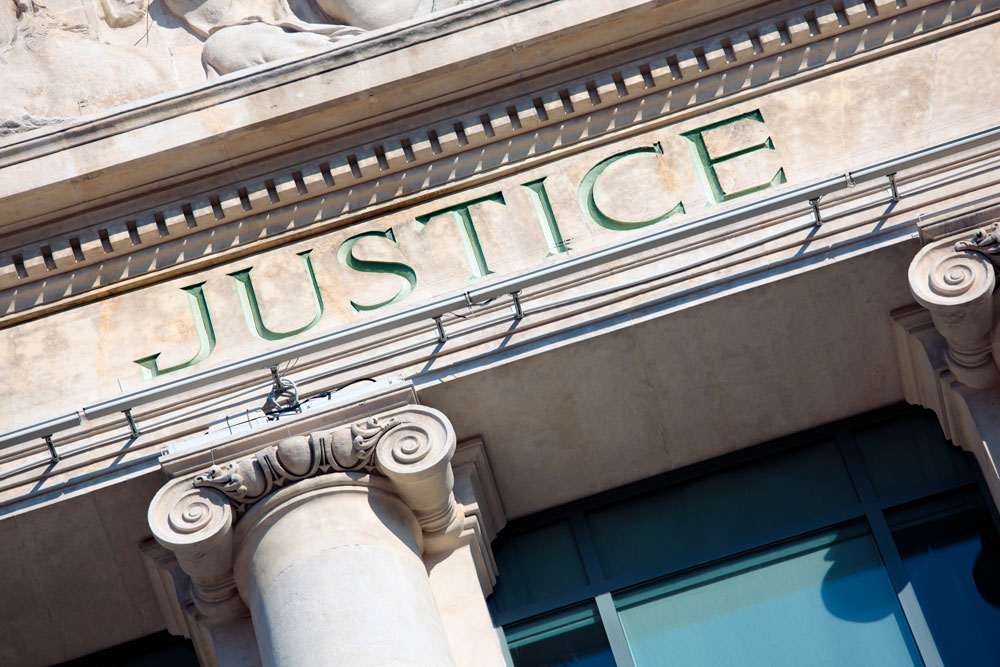On August 9, 2023, the New Jersey Supreme Court decided the Hudson County case of State v. Stephen Zadroga. The principal issue under N.J.S.A. 2C:1-9 concerned whether double jeopardy barred a retrial of the charges unrelated to intoxication after a mistrial was declared after learning that the defendant’s blood sample was lost.
Justice Wainer Apter wrote for a unanimous Court in relevant part: The ACDL argues that “instead of declaring a mistrial, the court should have issued a corrective or limiting instruction regarding the State’s incorrect assertions about the Defendant’s B.A.C.” It is true that a trial court abuses its discretion in finding a manifest necessity “if the court has an appropriate alternative course of action.” As we have observed, “a curative instruction, a short adjournment or continuance, or some other remedy, may provide a viable alternative to a mistrial, depending on the facts of the case.” State v. Smith (2016).
The trial court did not abuse its discretion in finding there was no viable alternative to a mistrial here. Defendant moved to dismiss the indictment “because the state presented false testimony to the grand jurors.” There is no curative instruction for that, no adjournment that can cure an indictment that was based on false testimony. And although the State indicated it was ready to proceed with trial without the toxicology evidence, submitting its witnesses to cross examination on its error, defense counsel insisted that the “case needed to be dismissed.” The “unique circumstances of the case” must guide the decision as to whether an alternative to a mistrial exists. Ibid. Once the trial judge held that the grand jury relied heavily on defendant’s 0.376% BAC level, he did not abuse his discretion in finding “no viable alternative to a mistrial.”
The Court’s recitation of the trial court record seems to indicate that the defense’s strong advocacy created the need for the trial court to declare a mistrial. The defense would naturally argue that the false testimony before the grand jury and the State’s loss of evidence were the true sources of the need to declare a mistrial.

